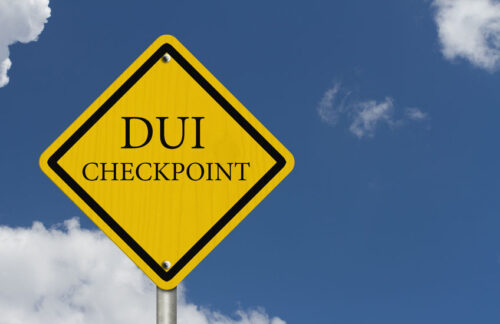When you have a suspended driver’s license, you can apply for license reinstatement in Tennessee by contacting the Tennessee Driver Services division. They’ll tell you what requirements you need to complete, which vary from person to person.
SR22 Insurance Archives
This is the SR22 Insurance Archives for UltraCar Insurance. Your source for SR22 & FR44 Insurance.

License Reinstatement Tennessee
To obtain license reinstatement in Tennessee, you’ll file an SR22 financial responsibility form. The SR22 is an attachment to an auto or non-owner insurance policy. Vehicle owners file an owner/owner-operator form, and people who don’t own a car file a non-owner certificate. The state requires you to keep the SR22 policy active for a specific time – usually three years.


California SR22
When you need to reinstate your driver’s license, filing a California SR22 certificate will be necessary. An SR22 certificate is proof of insurance coverage. The California DMV requires you to carry SR22 insurance for a time after a license suspension. You can get this insurance whether you own a vehicle or not.
California SR22 is a financial responsibility form that people must file with the state for various reasons. Some of the more common reasons for SR22 insurance include:

Tennessee DUI Laws
The penalties for violating Tennessee DUI laws are quite strict, reflecting the seriousness of driving under the influence of alcohol or drugs. Impaired driving can result in serious injury and death to yourself, your passengers and to other drivers. There are administrative and criminal penalties that can be levied for DUI violations.
If you get behind the wheel while under the influence of alcohol or drugs, not only do you put yourself at risk, you also put other innocent lives in danger. Tennessee DUI laws assign severe penalties for driving under the influence of alcohol or drugs. If you are convicted of a DUI or DWI offense in the state of Tennessee your driver’s license will be suspended, and you will face heavy fines and possibly criminal charges if your actions caused injury to others.

What is Broad Form SR22 insurance?
In several states, you can get an inexpensive form of auto insurance called Broad Form insurance. Broad Form SR22 insurance is a means to have your license reinstated. You can buy it if you own one or more vehicles or if you don’t own a car. Although it is very low-cost, it comes with strict coverage limitations that you should fully understand before you buy it.
In some states, Broad Form SR22 insurance is a low-cost, non-owner auto insurance option for license reinstatement. In most cases, people file a non-owner SR22 insurance certificate if they don’t own a car and an SR22 insurance certificate if they do. This type of policy is also an option if you want to insure multiple vehicles.

SR22 Motorcycle Insurance
You may not be aware that you can purchase SR22 motorcycle insurance for license reinstatement. Usually, attaching an SR22 certificate to a motorcycle insurance policy is less expensive than a car or truck policy. Even so, your cost will depend on various factors, both personal and motorcycle-related.
Have you heard of SR22 motorcycle insurance? If you own a motorcycle and need to buy SR22 insurance for license reinstatement, you may not be aware of this option.

Colorado Auto Insurance Laws
There are many ways to make sure that you comply with the provisions of Colorado auto insurance laws. Being properly insured is one of the most important and obvious to comply with. Other ways include knowing what to do in case of an accident and learning how to be a more defensive driver. Being more aware of auto insurance laws can save you money as well as potential problems as a driver.
Colorado auto insurance laws require any driver who operates a motor vehicle in the state to have minimum liability insurance coverage set by the state. The minimum Colorado auto insurance coverage required by the state is:

Texas DWI Laws
Texas DWI laws cover all aspects of the offenses of, and penalties for driving under the influence or driving while intoxicated. DUI/DWI offenses are the most serious of motor vehicle violations, and the penalties are severe. Many factors can affect how a person is affected by alcohol and legal or illegal drugs. It’s best not to ever take a chance driving when the possibility of impairment exists.
Individuals who experience the consequences of driving while intoxicated discover that Texas DWI laws call for strict penalties. People are hurt or killed in car accidents every day by drunk drivers who believe they are still able to get behind the wheel without any problems occurring. We strongly encourage all Texas drivers to think ahead and make arrangements for a designated driver when needed, to avoid unnecessary tragedies.


